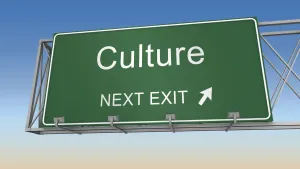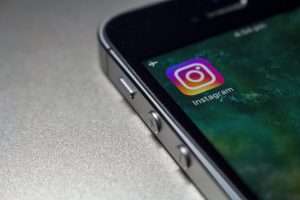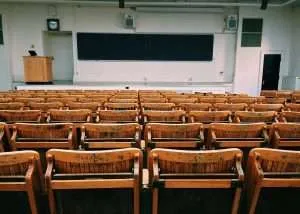Social media has become an integral part of our daily lives. From sharing our thoughts and experiences to connecting with others, social media has transformed the way we interact with each other. As social media usage continues to grow, sociologists like Zeynep Tufekci, Sherry Turkle, and Cameron Basham have become increasingly interested in understanding the relationship between social media and society have become increasingly interested in understanding the relationship between social media and society. In this blog post, we will explore social media from a sociological perspective, examining how it influences our behaviors, relationships, and social structures.
Social Media and Self-Presentation
One of the key ways that social media impacts our lives is through self-presentation. We use social media platforms to construct and present a particular image of ourselves to others. This image is carefully curated, with users selecting and editing images and posts that showcase the best version of themselves. This process of self-presentation has been referred to as “impression management,” and it plays an important role in shaping how we are perceived by others.
However, the self-presentation process can also create a sense of pressure and anxiety. When we constantly present a curated version of ourselves, we can feel as though we are living inauthentic lives. This pressure can be particularly intense for young people, who are often heavily invested in social media as a means of self-expression and social connection.
Social Media and Relationships
Social media has also transformed the way we form and maintain relationships. With the rise of social media, it has become easier than ever to connect with people from all over the world. We can maintain relationships with people across vast distances and communicate instantly with friends and family members.
However, sociologists have also identified some negative impacts of social media on relationships. For example, social media can create a sense of “social snacking,” where we interact briefly with many people but fail to develop deep or meaningful relationships with any of them. Additionally, social media can create a sense of isolation, with people spending more time interacting with screens than with other people in the real world.
Social Media and Social Structures
Finally, social media has also been shown to impact our social structures. For example, social media can create “echo chambers” where we only interact with people who share our views and beliefs. This can create a sense of polarization and reinforce existing social divisions.
Additionally, social media can create a sense of “slacktivism,” where people feel as though they are making a difference by sharing social justice messages online, but fail to engage in meaningful action in the real world.
Final Thoughts on the Connection Between Social Media and Society
In conclusion, social media has transformed the way we interact with each other and the world around us. From self-presentation to relationships and social structures, social media has had both positive and negative impacts on our lives.
As sociologists continue to explore the impact of social media on society, it is clear that there is much more to learn about this rapidly evolving phenomenon. By understanding the sociological dimensions of social media, we can begin to develop strategies for using social media in a positive and productive way.
At Applied Worldwide we have several additional articles on the topic of social media and society. Click through our list of article titles below!







